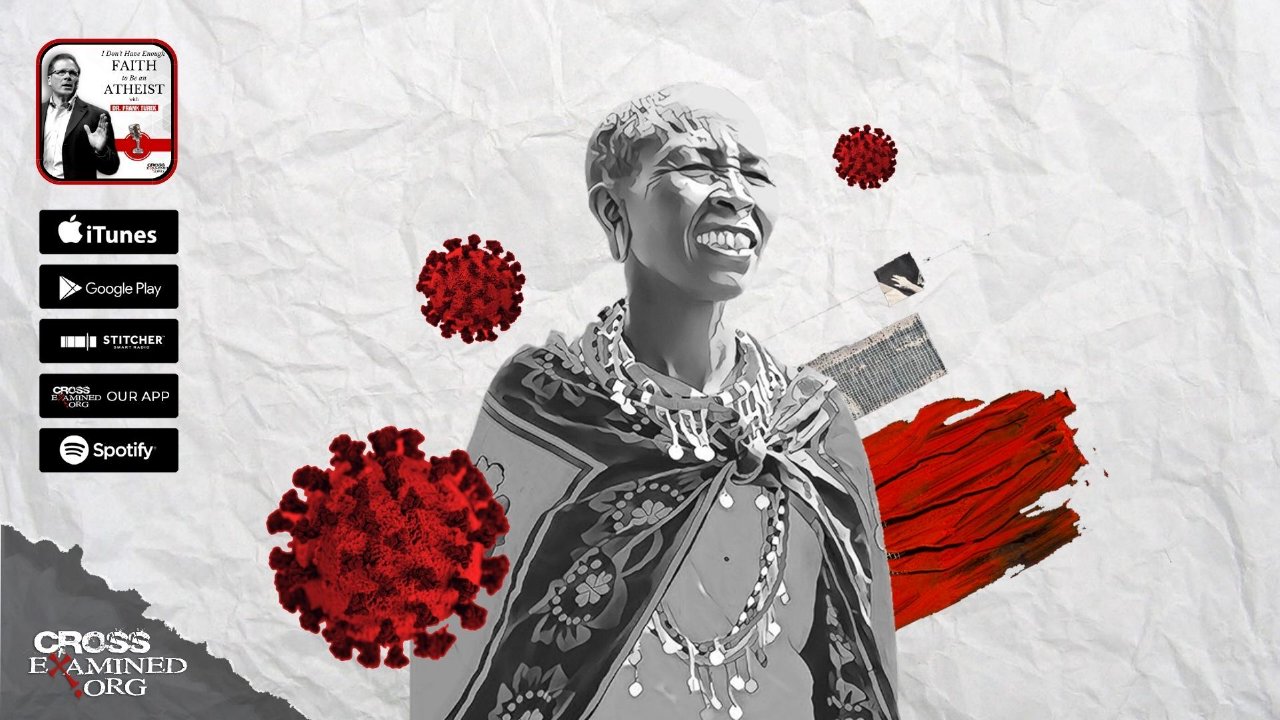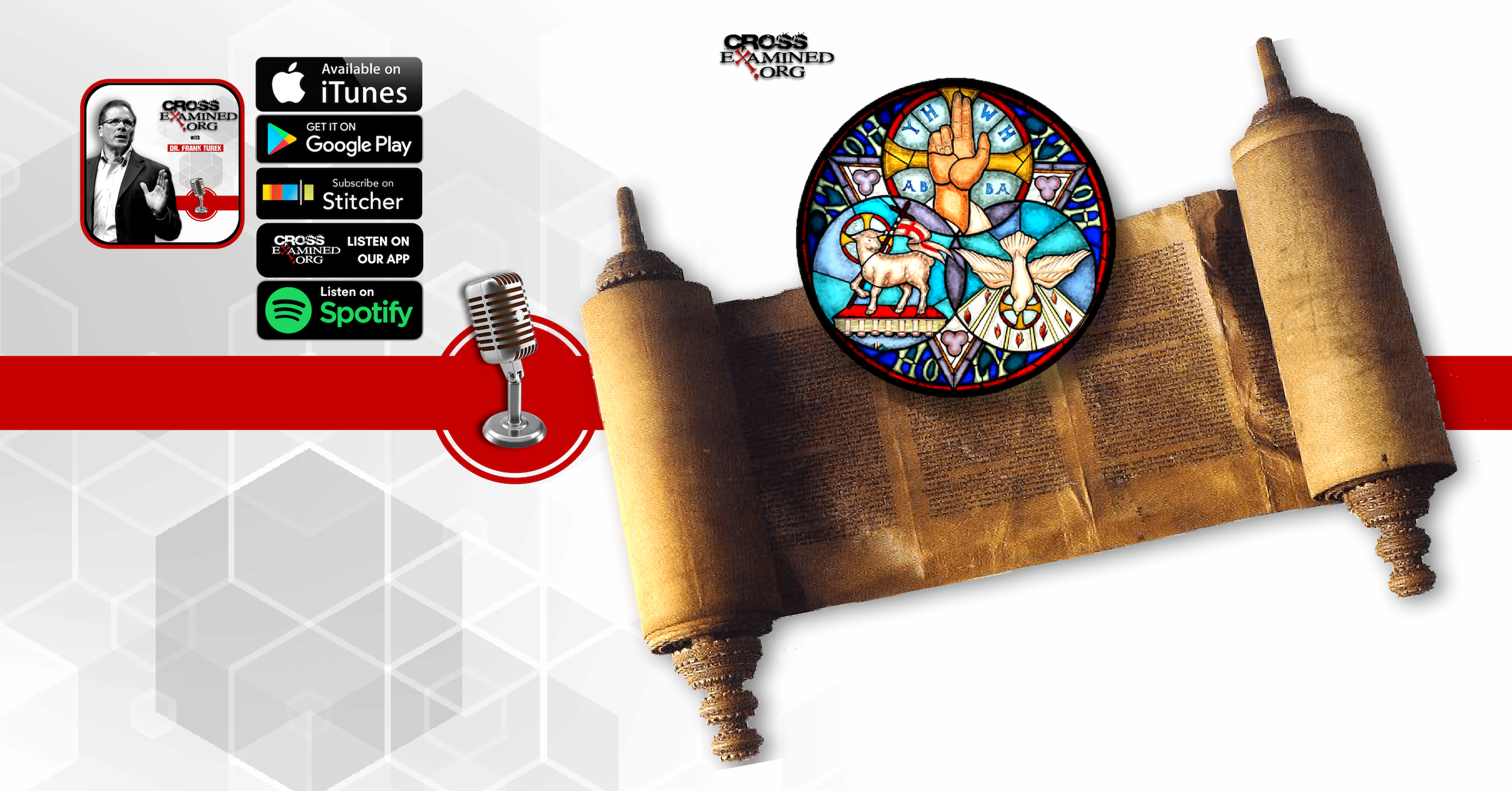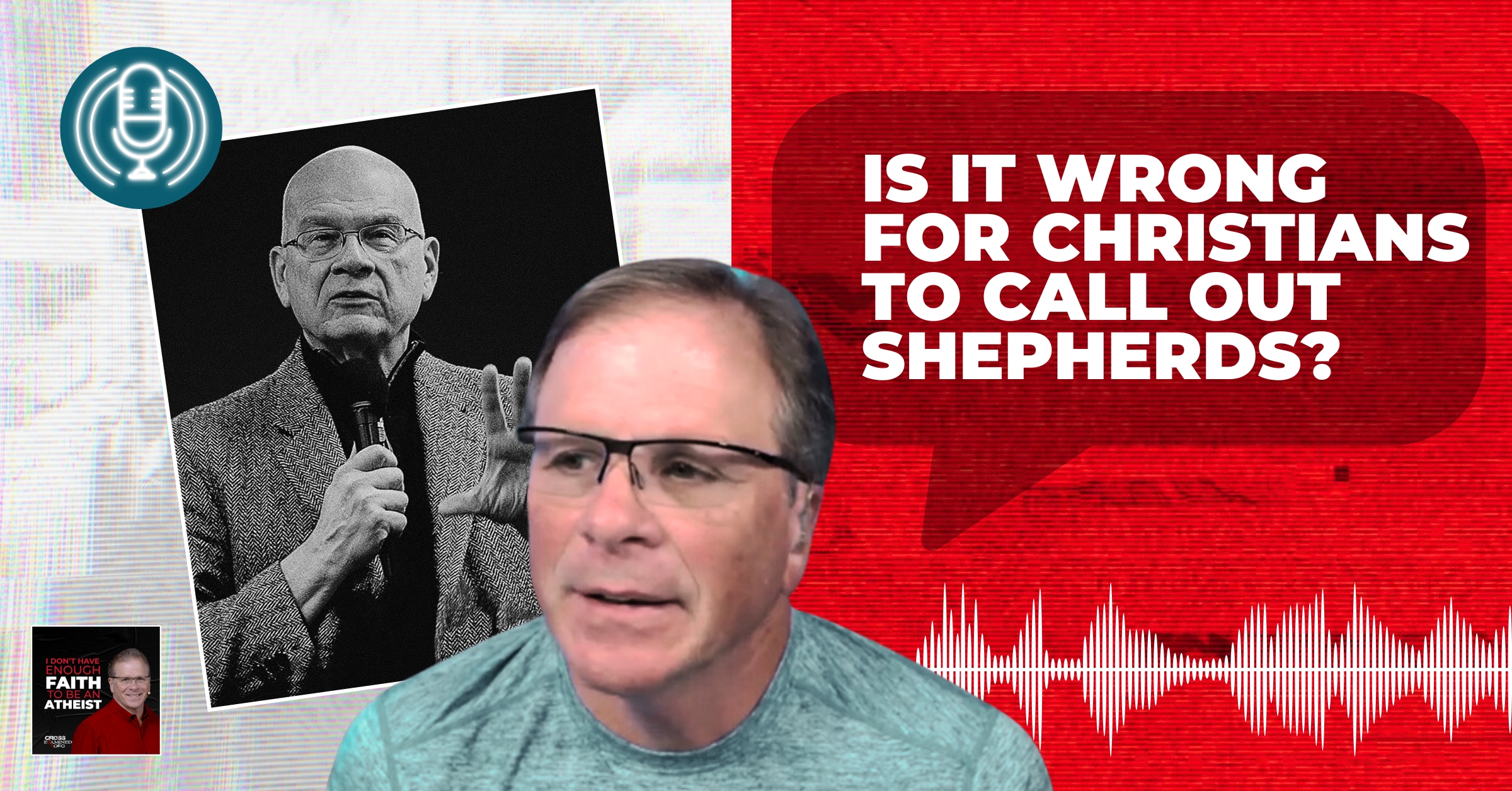What Every Apologist Needs to Know About 1 Peter 3:15
Rules of Engagement
1 Peter 3 is about Apologetics and Cultural Engagement
What should our interactions with people look like as ambassadors of Jesus? Peter talks about both apologetics and cultural engagement in 1 Peter 3—the chapter where you find that famous apologetics memory verse, 1 Peter 3:15 (ESV):
But in your hearts honor Christ the Lord as holy, always being prepared to make a defense to anyone who asks you for a reason for the hope that is in you; yet do it with gentleness and respect.
We need to know what we believe and be prepared to respectfully explain our faith and the hope that we have in Jesus. Peter says this because our faith isn’t just about philosophical ideas. It’s about hope. What’s this hope about? It’s about how people can discover a loving relationship with the God who made everything that exists.
But even apologists can miss the context of this famous Bible verse. And it’s that context that shows us what our engagement should look like as ambassadors of Jesus. What every apologist needs to know about 1 Peter 3:15 is that it appears in a text that is not only about defending the faith. It’s also about the way God wants us to engage. In this post, I’ll share seven key lessons from this passage that should inform the way we operate as ambassadors of Jesus [1].
1. Expect Suffering and Blessing
Apologists talk about an objective standard of goodness, a moral “oughtness” that points us to God. In 1 Peter 3:13, Peter alludes to that outghtness—how the world should work. People should love each other, not hurt each other: “Now who is there to harm you if you are zealous for what is good?” Of course, people don’t always choose to do the right thing. That’s why Peter says, “But even if you should suffer for righteousness’ sake, you will be blessed…” (14a).
That’s the first part of the lead-up to our famous apologetics verse—knowing that we’re going to suffer for doing the right thing as ambassadors of Jesus. Jesus was very real about this: “In the world, you will have tribulation” (John 16:33) and “If they persecuted me, they will also persecute you” (John 15:20). So the push-back comes with the territory. But we’re blessed anyway because God sees when we’re being faithful in the midst of the tension. And we care more about his approval than other people think. This idea goes back even to Psalm 1. You also see it in the outcome of Paul’s engagement with the people in Athens (Acts 17).
2. Have No Fear
The second part of the lead-up to our famous apologetics verse says, “Have no fear of them, nor be troubled” (14). People you follow on social media probably show you how troubled Christians respond to what’s going on in the public square. When we’re overwhelmed with fear, we can say things that aren’t helpful and are tough to take back. It’s easy to feel pressure when our faith is challenged. Still, we don’t need to be afraid if our hope and identity are linked to God’s sovereignty in this world[2].
3. Make a Defense
This is where 1 Peter 3:15 comes in. We need to be prepared to engage the culture, make the case for Christianity, and defend the faith. Our ultimate message is a positive one about our hope in Jesus. But there’s a tension between how the gospel challenges our beliefs and actions on the one hand, and the invitation to know and experience God on the other.
Unfortunately, sometimes the “hope” part gets lots in the “challenge” part. New apologists can tend to emphasize what is wrong with society or various belief systems to the virtual exclusion of our hope in Christ. Others seem to portray our hope as only a future thing rather than explaining how that hope can be present in our lives today. Let’s never lose the message of hope in the midst of defending the faith. After all, the faith we defend is good news. And yes, truth matters. But tone matters, too.
4. Be Gentle and Respectful
The rest of Peter’s command tells us how we must defend the faith: “with gentleness and respect.” Not with fear, anger, or resentment. Part of the evidence for our hope should be the way we engage—not like people who feel threatened or get all defensive. There’s a good kind of meekness and humility that goes along with actually loving the people we challenge with Christian truth claims. Before walking into a spiritual conversation, ask God to help you care about the person and minister to them.
5. Prepare to be Slandered
Paul goes on to say, “…having a good conscience, so that, when you are slandered, those who revile your good behavior in Christ may be put to shame” (1 Peter 3:16). It’s no surprise that good behavior bolsters our case, while behaving badly undermines it. This is why holy living is key. Even when we engage with a clear conscience, though, we’re still going to get push-back. People don’t like to question their beliefs. But the challenge is an unavoidable part of our message. Still, the challenge should never drown out the very message of hope we are trying to defend. When they are rude to us, God sees it. When we respond with kindness, God sees it, too. And this is one reason we don’t need to be afraid.
6. Rise Above Evil
In verse 17, Paul says: “For it is better to suffer for doing good if that should be God’s will, than for doing evil.” The character we display when we are being treated unfairly matters. Spiritual conversations aren’t very productive when either participant gets mad. Rather than harbor evil thoughts or respond in anger, Christian apologists must rise above evil and show a different way of relating to people who reject our message.
7. Follow Jesus’ Example
All of these lessons are based on the example Jesus gave us. Paul says, “For Christ also suffered once for sins, the righteous for the unrighteous, that he might bring us to God, being put to death in the flesh but made alive in the spirit.” When we suffer, let’s suffer with Jesus’ example in mind. Don’t ever forget how God took the initiative to reach out to us while we had our backs turned to him. Even in this verse, Paul mentions the resurrection.
Conclusion
What every apologist needs to know about 1 Peter 3:15 is that it appears in a text that is not only about defending the faith. 1 Peter 3 is an important cultural engagement text, too. Let’s engage the culture, make the case for Christianity, and defend the faith while remembering the gracious way God treated us before we embraced him and his message.
Notes
[1] I’m indebted to my mentor, Darrell Bock, who helped me think through the context of 1 Peter 3:15 as it applies to dialogical apologetics and cultural engagement.
[2] And, in fact, in all possible worlds.
Mikel Del Rosario helps Christians explain their faith with courage and compassion. He is a doctoral student in the New Testament department at Dallas Theological Seminary. Mikel teaches Christian Apologetics and World Religion at William Jessup University. He is the author of Accessible Apologetics and has published over 20 journal articles on apologetics and cultural engagement with his mentor, Dr. Darrell Bock. Mikel holds an M.A. in Christian Apologetics with highest honors from Biola University and a Master of Theology (Th.M) from Dallas Theological Seminary where he serves as Cultural Engagement Manager at the Hendricks Center and a host of the Table Podcast. Visit his Web site at ApologeticsGuy.com
Original Blog Source: http://bit.ly/2YvQLd3












Leave a Reply
Want to join the discussion?Feel free to contribute!